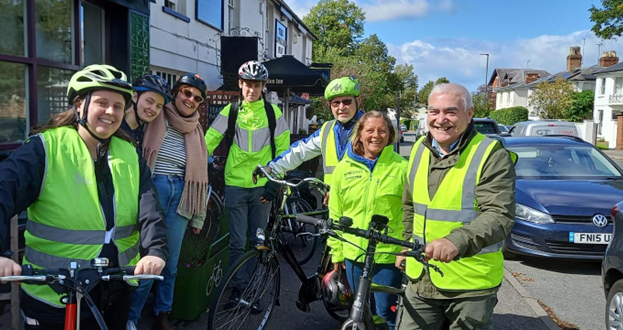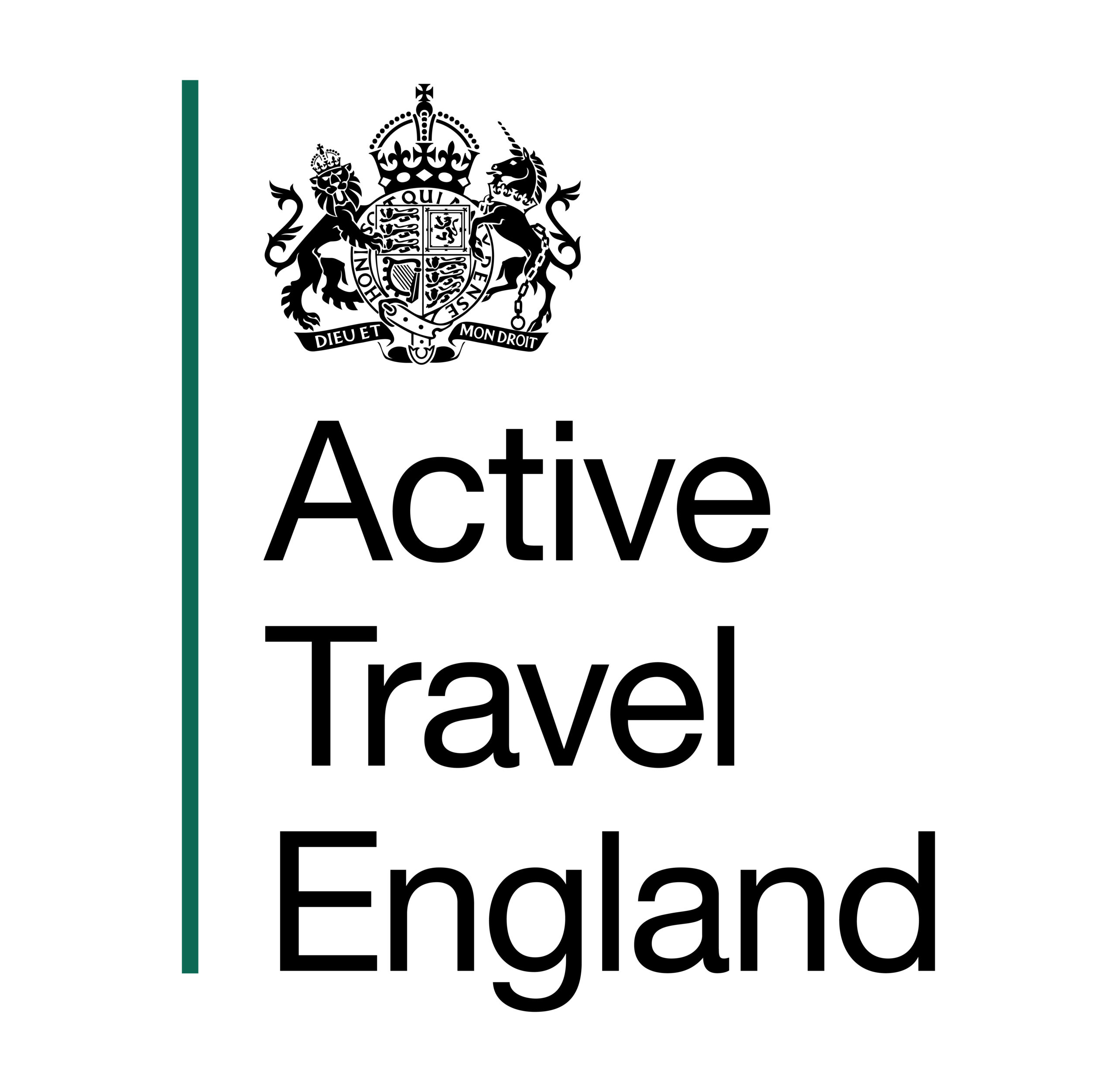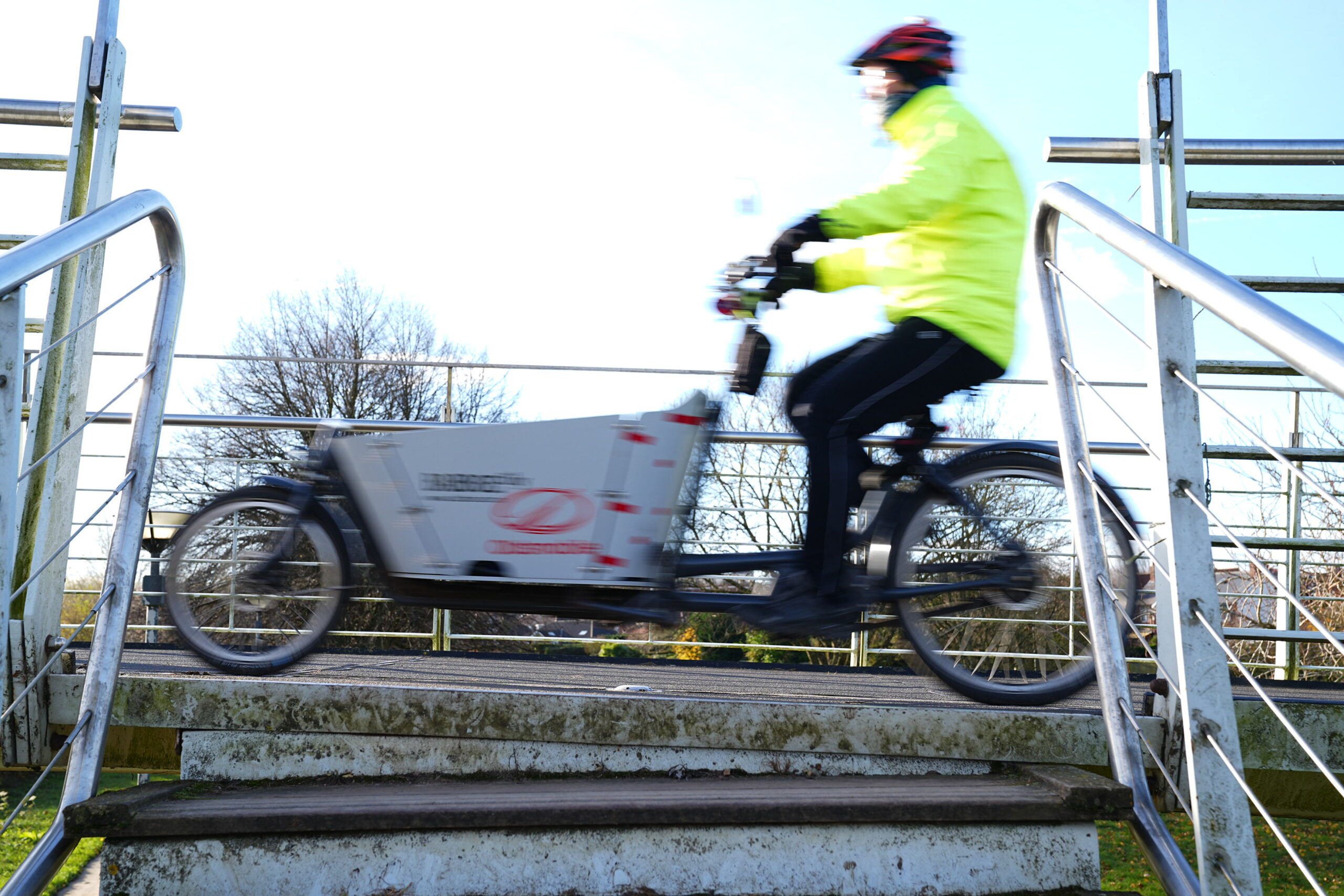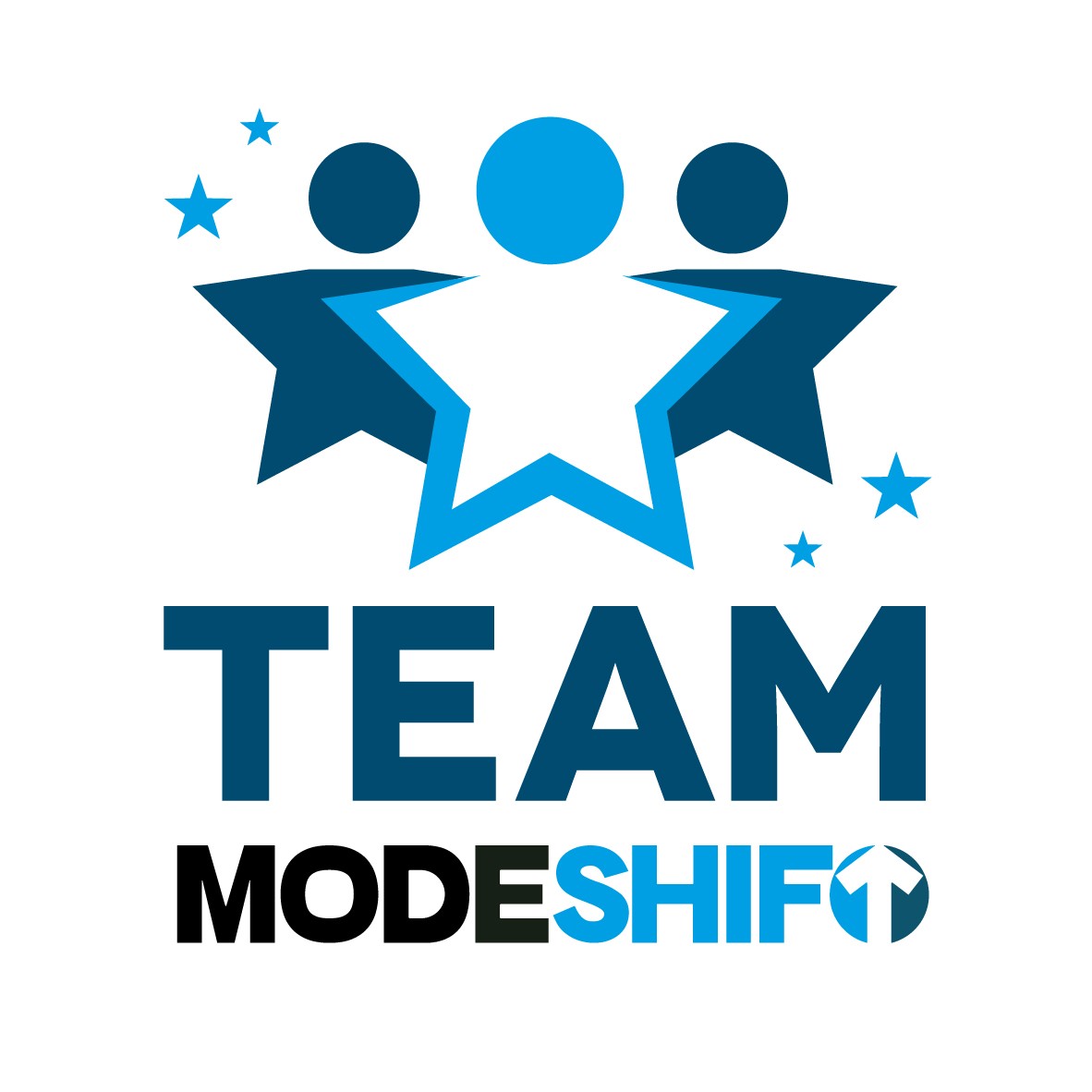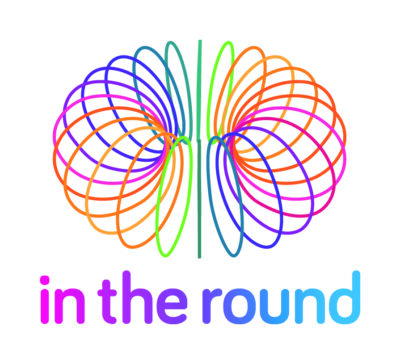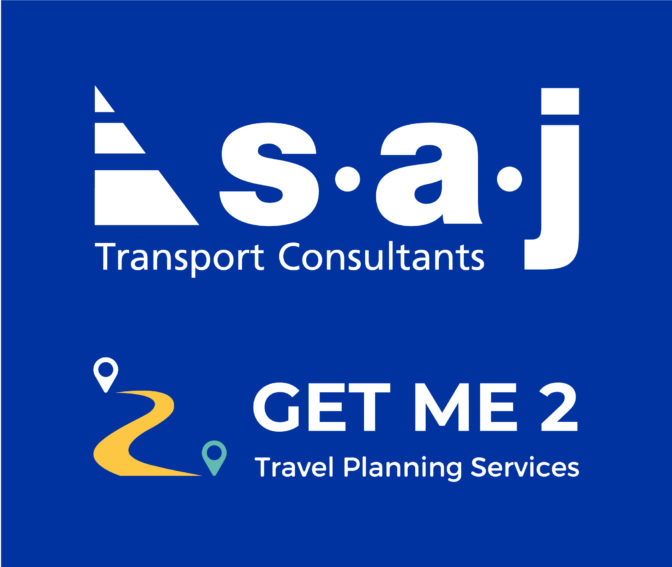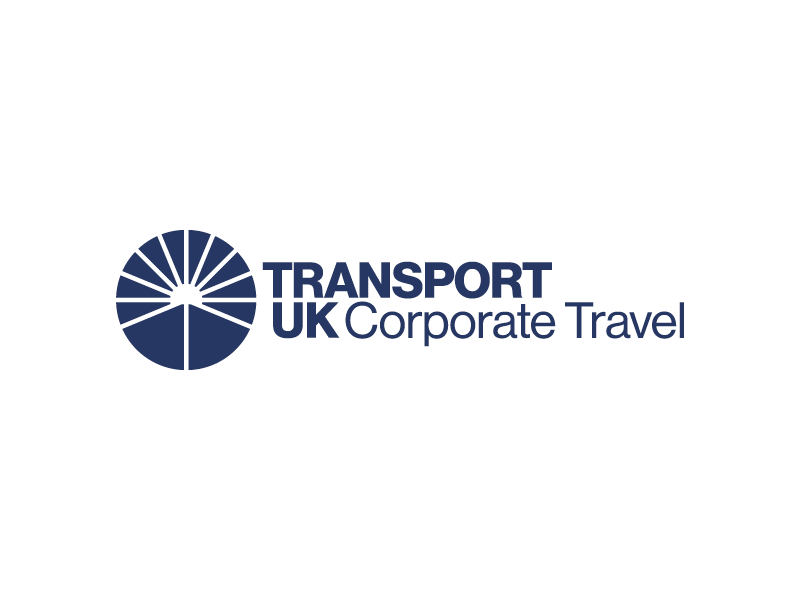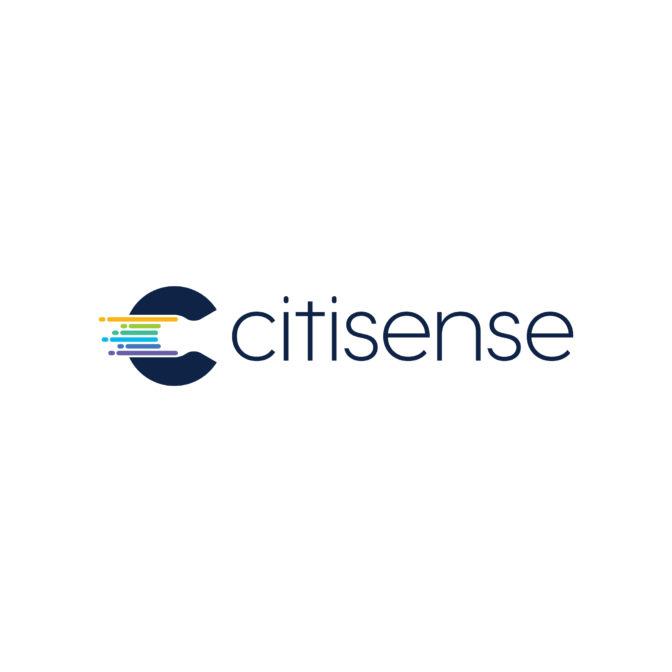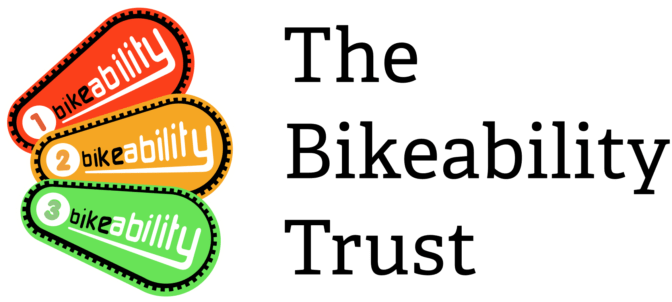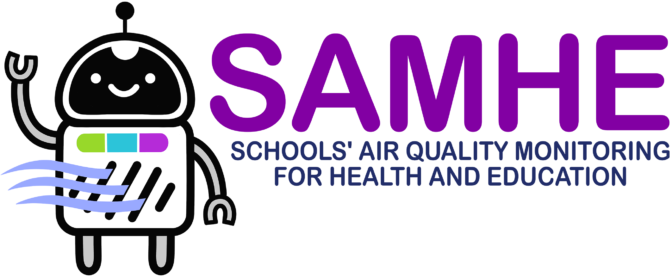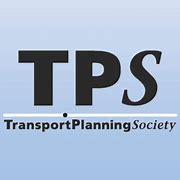Predictably Human at Modeshift STARS
Introduction
A key topic for the Modeshift STARS business conference 2022 was influencing travel behaviour, with one aspect of this being using the lessons from behavioural science to increase the impact of behaviour change measures. This is important because humans don’t generally react as they are expected to. The ways in which people make decisions which don’t conform to the paradigm of the rational, utility maximising entity are frequently called “biases”1 with the people making these decisions called “irrational”2 . These are pejorative terms which reflect social norms about how we should behave, with decisions that are “emotional” seen to be inferior. My argument is that being human, with all our weaknesses and strengths, is a good thing and that a world taken over by robots (or “econs”3) making logical choices would be far less attractive.
Hence, I prefer to think of the ways in which humans don’t conform to classical economics as examples of being “predictably human”. The important point to note here is that human behaviour can be predicted, with one major caveat, this being that behaviour is very context specific. To illustrate, I have developed a “predictably human” questionnaire: essentially a set of questions borrowed from Dan Ariely, Richard Thaler and Daniel Kahneman which demonstrate the “illogical”, “biased”, or “sub-optimal” nature.
For the full report download this link:-


